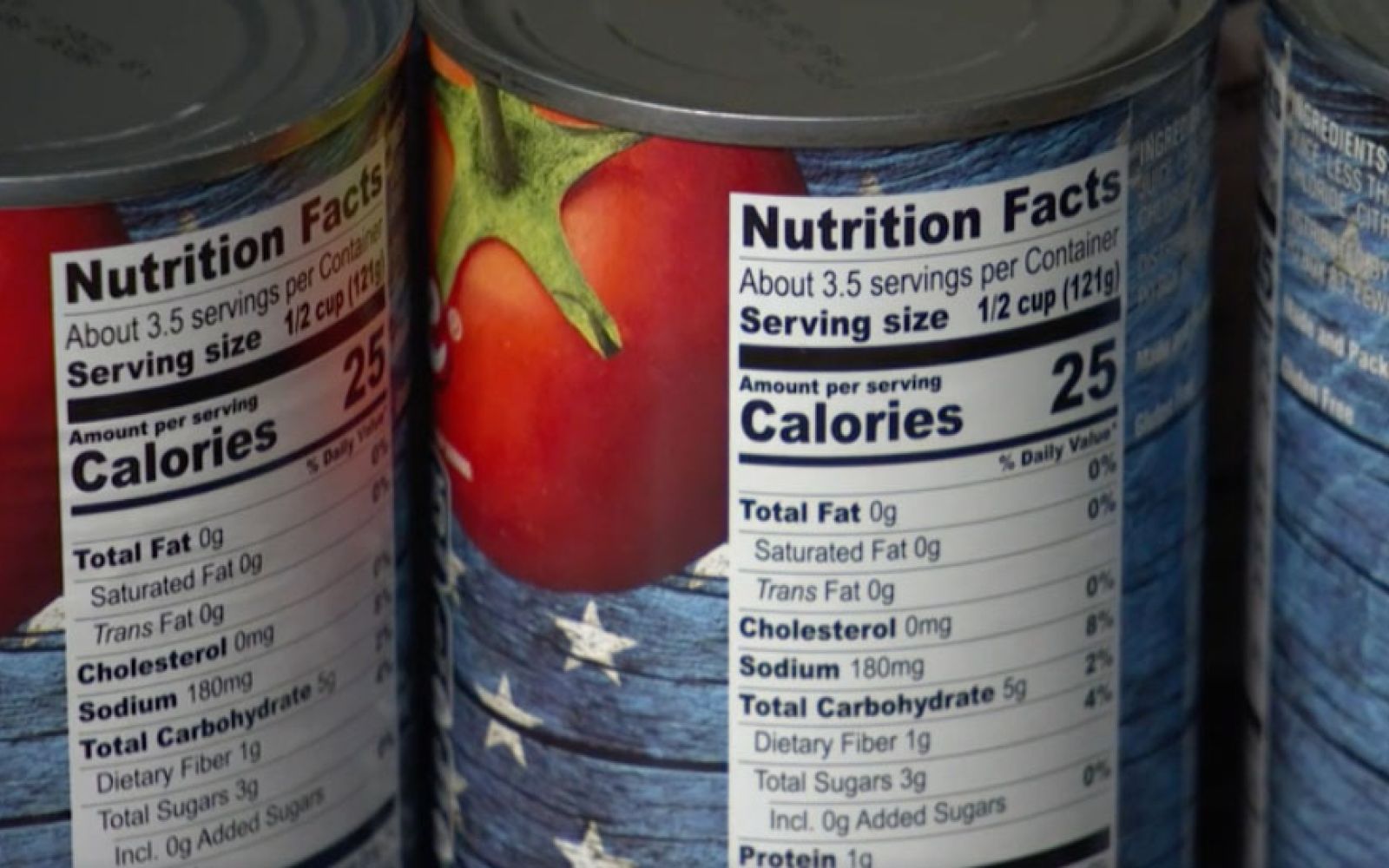Take the mystery out of celiac disease.
Celiac disease is triggered by eating foods containing gluten and can damage the small intestine.

Approximately 2 million people in the United States have celiac disease, a genetic autoimmune disease that is triggered by eating foods containing gluten. Gluten is a protein that is found in many foods and products such as bread, pasta, lip balms, lipstick, toothpaste and nutritional supplements.
In the United States, celiac disease is more common among white Americans compared to other racial or ethnic groups. And, more common in females than males. People who have celiac disease and consume gluten are at risk of seriously damaging their small intestine and suffering other medical complications, like:
- Bloating, gas or abdominal pain.
- Chronic diarrhea or constipation.
- Itchy, blistering skin rash.
- Lactose intolerance.
- Loose, greasy, bulky, and bad-smelling stools.
- Nausea or vomiting.
- Poor weight gain or significant unexplained weight loss.
- Dental problems.
Diagnosis of celiac disease is done using family history, blood tests, biopsies of the small intestine and skin, and genetic tests.
The only way to treat celiac disease is to stick to a gluten-free diet. A gluten-free diet provides the intestine the opportunity to heal and can prevent further damage. Depending on the extent of the damage, the health effects of this diet may be realized in a couple of days or over a period of months.
Gluten-free diet
Unlike some diets that are designed for temporary results, those with celiac disease need to be on a gluten-free diet for life. If people with celiac disease eat gluten, their symptoms will return and further damage to the small intestine may occur.
Tips for eating gluten-free include:
- Read food labels and avoid ingredients like wheat, barley and rye, that contain gluten.
- Look for packaged foods that are labeled “gluten-free”. Many grocery stores now have a special section for these foods.
- Look out for cross-contamination. If you are the only person in your household that is on a gluten-free diet, you should have a separate cutting board and knives. You should also store your food separate from other food in the household. Even a small crumb of gluten can trigger symptoms.
- When eating out, look for restaurants that offer gluten-free foods. Let the server know you have celiac disease and ask them to confirm with the chef that items marked as gluten-free are prepared separate from other meals.
- If you are attending a social event with friends, make the host aware of your situation and offer to bring gluten-free foods that are safe for you to eat.
Many unprocessed foods are naturally gluten-free, such as:
- Meat, poultry and fish.
- Fruits, vegetables and rice, as long as they are not prepared with additives and seasonings containing gluten.
- Dairy products, as long as they are not processed with gluten.
- Beans, legumes and nuts.
- Flour made from potatoes, rice, corn, soybeans, nuts, cassava, amaranth, quinoa, buckwheat or beans .
People with celiac disease who follow a gluten-free diet often live without further complications or symptoms. The key to living symptom-free is sticking to the diet.
Do you need access to nutritious foods?
Nashville General Hospital provides comprehensive care for all of the patients we serve. This includes addressing the food insecurity of our patients and the community through the distribution of no-cost, nutritious foods, including fresh produce and shelf-stable foods. Learn more about our Food Pharmacy and how to apply for this program.
For questions regarding celiac disease, visit the Digestive Health Center at the Nashville Healthcare Center to schedule an appointment. The Nashville General Hospital Foundation, in cooperation with Nashville Public Television, has produced a helpful video on how to read a food label. Watch the How to Read a Food Label video.
This information is not intended to be a substitute for professional medical advice. You should talk with your primary care physician or other qualified medical professionals regarding diagnosis and treatment of a health condition.



